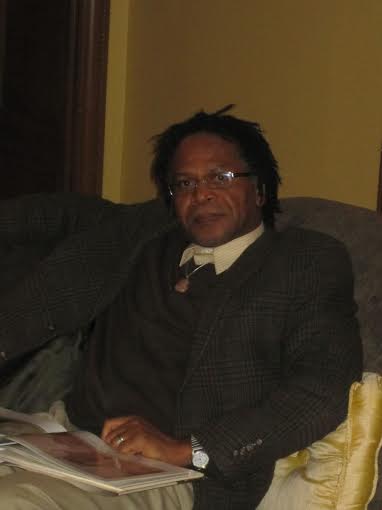Muskegon County Commission Shows Support For Requiring Generators At Dialysis Facilities
Andrew Trzaska | August 14, 2012
Muskegon County joined an effort Tuesday to require dialysis centers statewide to have backup power generators on hand at their facilities.
Tuesday’s County Commission meeting included a special vote on a resolution supporting the requirement.
People who need dialysis generally need approximately five hours of treatment multiple times a week, about every two to three days. The language of the resolution suggests that if a storm knocks out power for multiple days, it could interfere with regular treatment required to achieve successful dialysis treatment.
Carrie Haver, chair of the health committee of the Muskegon branch NAACP spoke on the resolution at Tuesday’s meeting.
Characterizing the resolution as a matter of compliance, Haver spoke to several health problems common in Muskegon County, including diabetes and hypertension, both of which can lead to renal failure, a diagnosis requiring dialysis. District 3 commissioner John Snider underscored this by stating that Muskegon is a top county in terms of diagnosis rates for these conditions.
“Whether it be a couple of hours or two or three days, people still need this lifesaving treatment,” said Haver.
Currently dialysis facilities are classified differently in a legal sense from hospitals and are not required to have generators like hospitals do.
The language of the resolution points out the mandates these facilities have to provide care, because they receive funds from Medicare and Medicaid alongside private insurance.
Unanimously passed, the resolution will now be forwarded on to the Governor Snyder, local state representatives, and both Democratic and Republican state party chairs.
The Republican and Democratic state party conventions are coming up this week on August 16 and August 18; the hope is that each party will consider and hopefully adopt the resolution as part of their platforms at those events. This is an early step toward adoption by the state legislature, which could come as early as next year.





